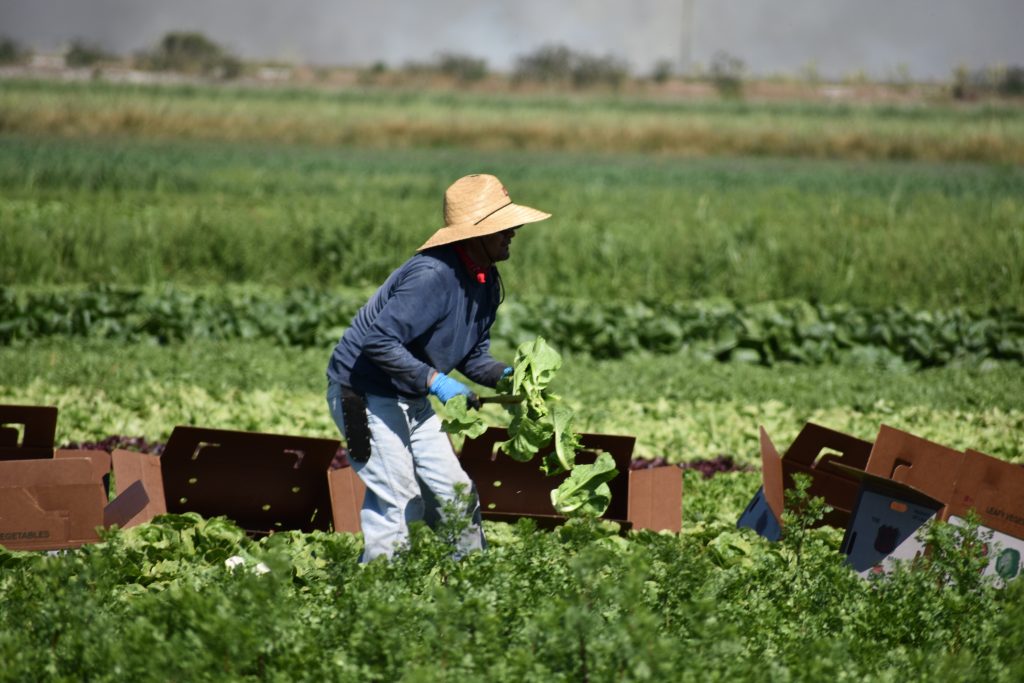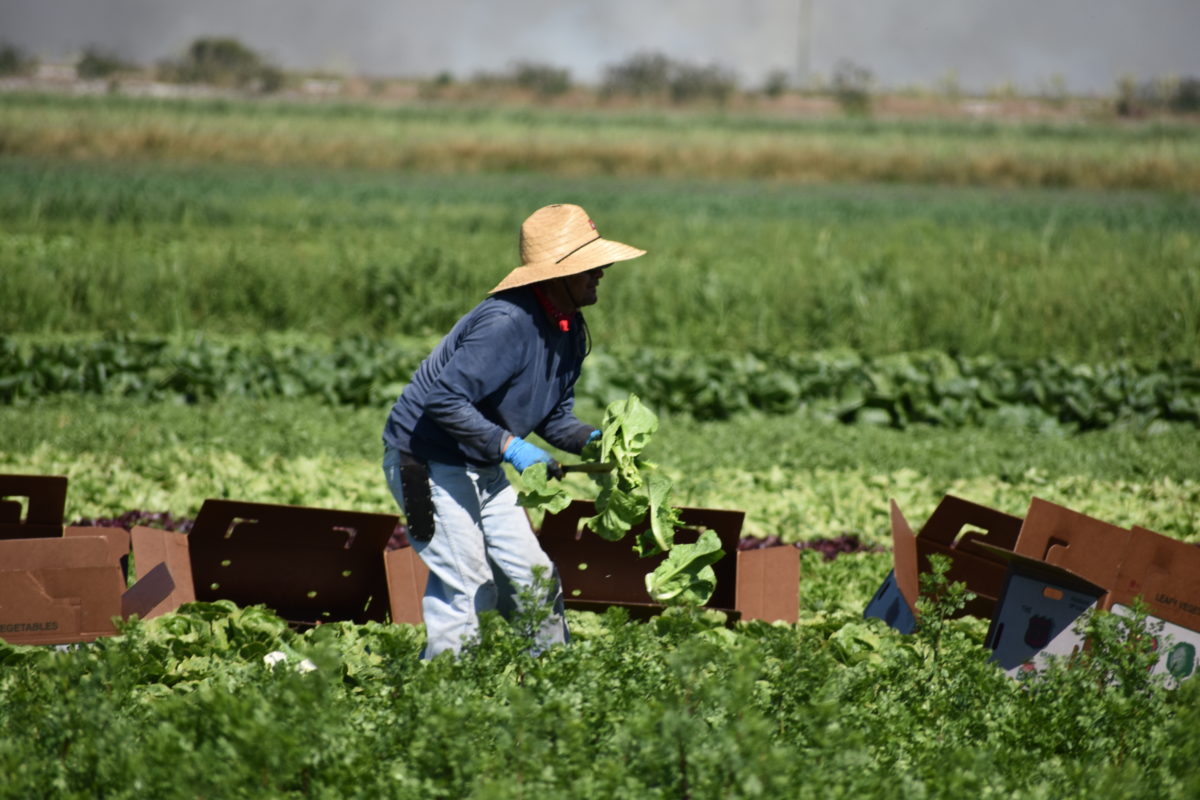
When the U.S. government announced its decision to suspend visa processing in Mexico on March 18 to combat the spread of COVID-19, growers around the country immediately expressed concerns that the action could have a major impact on agriculture and the U.S. food supply. The concern, of course, was due to the vital role that foreign workers play in the U.S. agriculture sector, as more than 90% of H-2A workers come from Mexico.
In response to growers’ concerns, the Trump administration provided several flexibilities to the H-2A program, allowing the program to continue without significant disruption.
Updates and initiatives for the H-2A program were discussed during the 46th annual Agricultural Labor Relations Forum presented by the Florida Specialty Crop Foundation. Brian Pasternak, administrator for the Office of Foreign Labor Certification (OFLC) and Shane Barbour, center director of the Chicago National Processing Center, addressed this topic.
According to OFLC, the H-2A program allows agricultural employers who anticipate a shortage of domestic workers to bring non-immigrant foreign workers to the United States to perform agricultural labor or services of a temporary or seasonal nature.
As a result of continued disruptions and uncertainty to the U.S. food agriculture sector amid COVID-19, the Department of Homeland Security (DHS) and U.S. Citizenship and Immigration Services (USCIS) deemed it necessary to temporarily extend the amendments to certain regulations regarding temporary and seasonal agricultural workers, and their U.S. employers, within the H-2A non-immigrant classification.
The DHS published a new temporary final rule on Aug. 20, partially extending the April 20 temporary final rule.
In the new rule, DHS extended the provision that temporarily allows all H-2A petitioners with a valid temporary labor certification to start employing certain foreign workers who are currently in the U.S. and who possess a valid H-2A status. DHS also extended the provision that allows H-2A workers to change employers and begin work before the new petition is approved by the USCIS.
The final rules are effective through Aug. 19, 2023. However, employers may request the flexibilities under this rule by filing an H-2A petition through Dec 17, 2020.
For more information regarding H-2A program updates, click here.
Ashley Robinson, AgNet Media communications intern, wrote this article.










